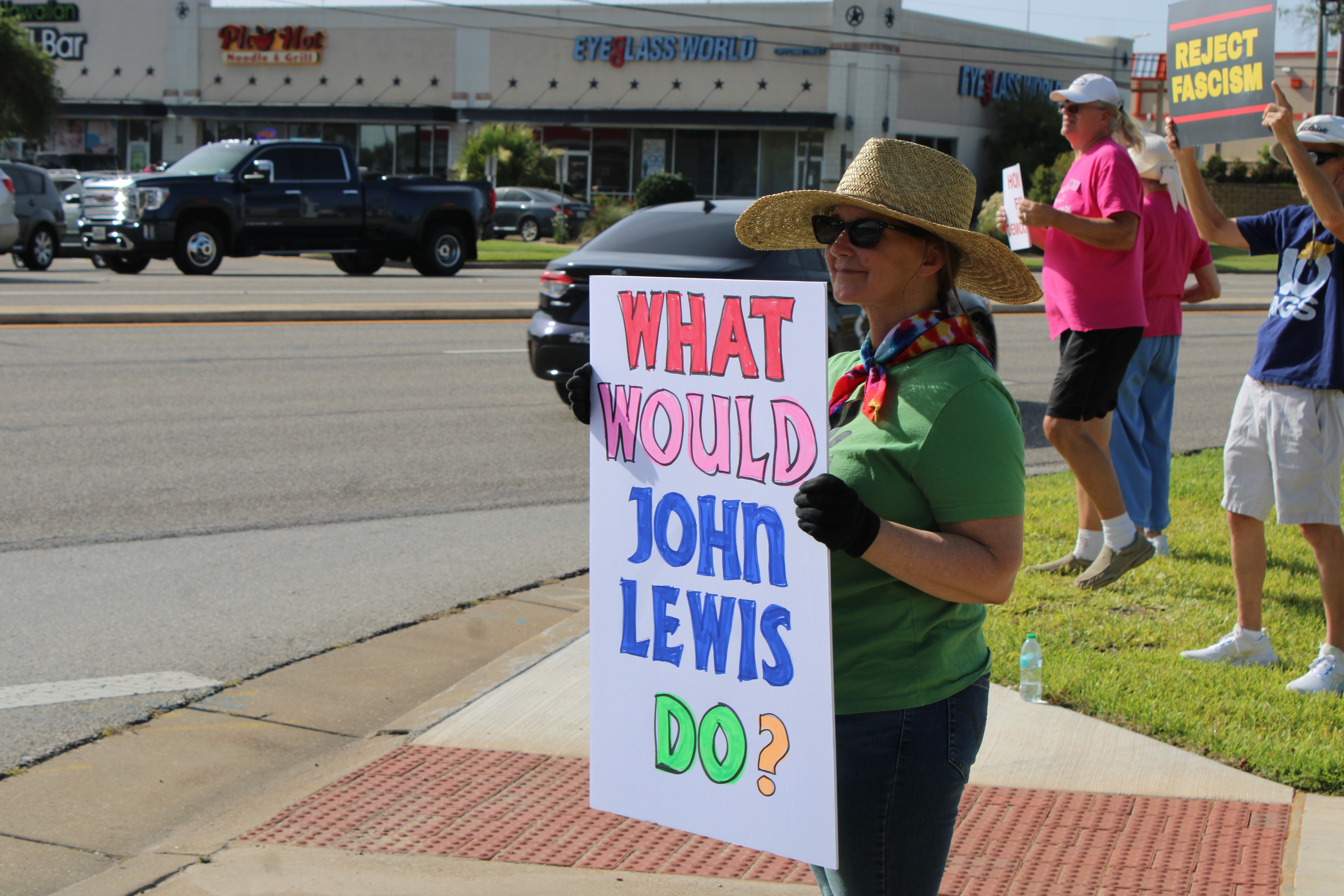Polls mean nothing at this stage of race
Published 4:27 am Thursday, August 20, 2015
Presidential polls, particularly at this stage in a race, have their place. But they’re not reliable, and unfortunately, they’re taken far too seriously in the political press.
Let’s look at the typical poll we’re hearing about now, often in breathless headlines. In the exciting and ratings-generating GOP primary race, polls say Donald Trump has a commanding lead, with any variety of candidates following him.
Trending
Fox, for example, has Trump at 25 percent, Dr. Ben Carson at 12 percent and Sen. Ted Cruz at 10 percent. The rest of the field fails to make double digits, with four of them (Rick Perry, Bobby Jindal, George Pataki and Rick Santorum tied at 1 percent).
Wow! Trump is a shoo-in, right? Wrong.
Let’s look more closely at that poll. It’s deeply, deeply flawed, as any poll taken now must be. For one thing, it’s a very small sample size (which is all we’re going to see for now, due to the cost of repeatedly polling large numbers of voters). This poll, conducted Aug. 11-13, questioned a “random sample” of 1,008 national voters. That’s not many; more people nationwide vote for cartoon characters as write-ins in presidential elections than answered this poll.
And these are self-described “likely” voters. That’s good, but it’s not definitive. Lots of us, on Jan. 1 of every year, would describe ourselves as “likely” devoted exercise aficionados and dieters in the coming year. So there are limits to unverifiable self-reporting.
Next, the poll posits a fictitious election. Polls rely on a “if you had to decide today” premise, but that’s the thing. People don’t have to decide today. A great deal can and will happen before a single voter can cast a real ballot (the first primary is the Iowa Caucus on Monday, Feb. 1). There’s little chance that all the candidates in the GOP field will make it that long (Rick Perry has already stopped paying some staff members). And by that date, the economy will be different, the geo-political situation will be different, and much will have changed in every single poll respondent’s home life.
Even worse are the polls that pit a theoretical Democratic candidate against a theoretical Republican candidate – such as polls that say Trump is beating Hillary Clinton in Ohio, as of July 2015. That question to voters is built on a bridge of presumptions so lengthy and precarious that its findings are all but useless.
Trending
And at this stage, poll respondents are more interested in sending messages than in predicting what they’ll do. Take Sen. Bernie Sanders, on the Democrats’ side.
It’s summer, and Congress has just gone on vacation – leaving a great many things undone. Among GOP voters, there’s a palpable dissatisfaction with the Republican leadership in Congress, which failed on a number of fronts – from Planned Parenthood funding to blocking the Iran nuclear deal. That could be what’s behind the Trump surge.
The real point here is that polls, right now, are interesting – but they’re unreliable.
The 2016 election will take place in a different world entirely.







